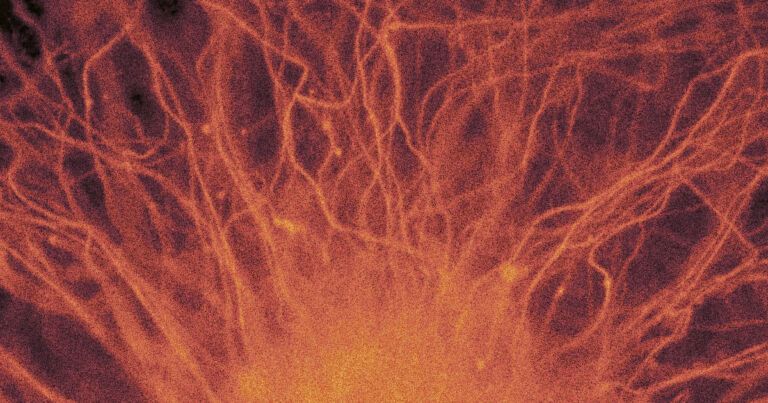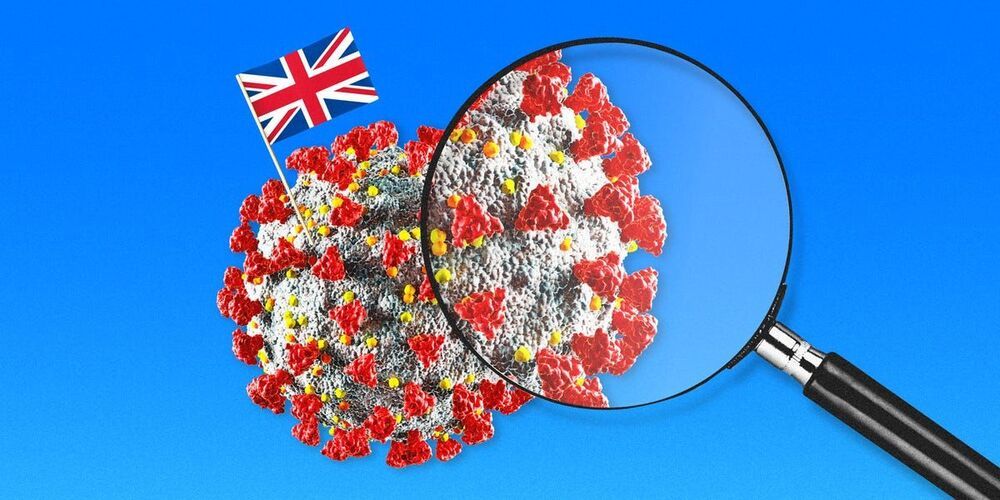To date, paralysis resulting from spinal cord damage has been irreparable. With a new therapeutic approach, scientists from the Department for Cell Physiology at Ruhr-Universität Bochum (RUB) headed by Professor Dietmar Fischer have succeeded for the first time in getting paralyzed mice to walk again. The keys to this are the protein hyper-interleukin-6, which stimulates nerve cells to regenerate, and the way how it is supplied to the animals. The researchers published their report in the journal Nature Communications from 15 January 2021.
Spinal cord injuries caused by sports or traffic accidents often result in permanent disabilities such as paraplegia. This is caused by damage to nerve fibers, so-called axons, which carry information from the brain to the muscles and back from the skin and muscles. If these fibers are damaged due to injury or illness, this communication is interrupted. Since severed axons in the spinal cord can’t grow back, the patients suffer from paralysis and numbness for life. To date, there are still no treatment options that could restore the lost functions in affected patients.








